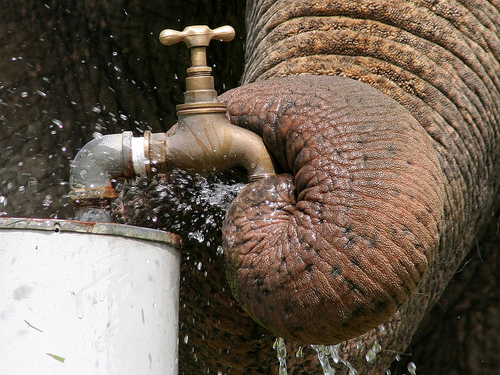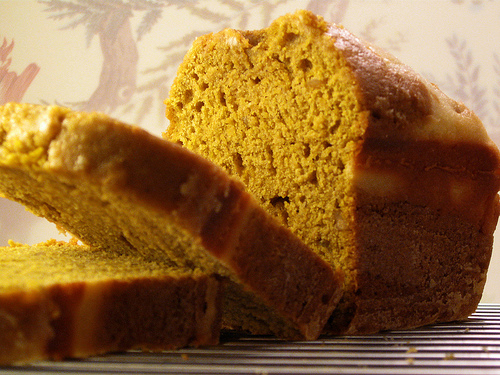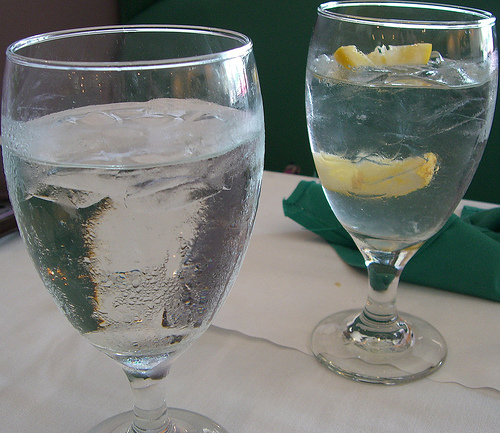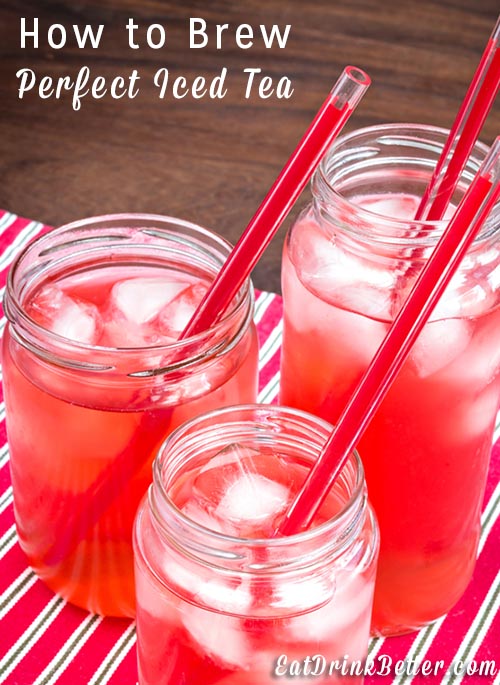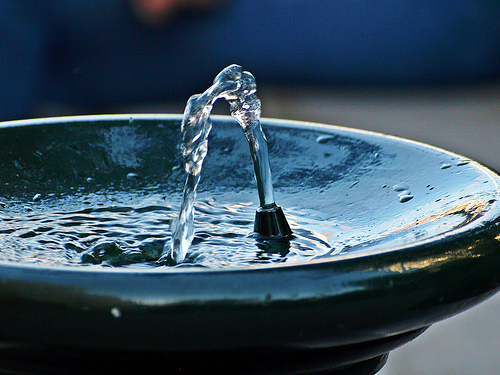 It’s that time of the year when we not only have to concentrate on eating healthy, but on staying properly hydrated too. The summer heat can cause discomforting symptoms if regular and adequate fluids are not consumed.
It’s that time of the year when we not only have to concentrate on eating healthy, but on staying properly hydrated too. The summer heat can cause discomforting symptoms if regular and adequate fluids are not consumed.
Water is one of the most important components of our daily diets. Water helps lubricate internal surfaces, flushes toxins through the kidneys, transports nutrients throughout the body, maintains healthy blood pressure, regulates body temperature and sustains healthy vital organs.
Symptoms of Dehydration
Dehydration can happen at any time of the year in any weather condition. Summer heat seems to bring on more instances of dehydration due to larger losses of body fluid through sweating. Be conscious of the following symptoms to help prevent or treat dehydration:
- Dry mouth
- Headache
- Nausea
- Vomiting
- Irritability
- Tiredness
- Decreased urination
- Constipation
- Dizziness
- Fever
- Delirium
Water Consumption Recommendations
The National Institute of Medicine recommends about 3 liters of fluid for males and 2 liters for women. This includes all beverages like coffee, juice, water, tea, milk etc. Additional fluid may be needed but can generally be found in the moisture of foods. The general recommendation for eight 8 oz glasses of water per day converts to about 1.9 liters. This amount would be sufficient for most women, males need slightly more. Exercise and excessive sweating cause extra water loss and create higher fluid needs. Be sure to maintain proper hydration before, during and after strenuous exercise, especially in the summer heat.
Remember:
When hydrating in the summer heat, water is your best option. Sports beverages may be needed through strenuous exercise and excessive fluid and electrolyte losses through sweat. Choose beverages with lower calorie content and lower added sugar. Juices, sodas and sweetened coffee beverages can add unnecessary simple carbohydrates to your diet. When drinking water, choose the tap! There is no need for bottled water and as we all know, there are more cons than pros in drinking it.
Sources: MedlinePlus, Mayo Clinic 1, Mayo Clinic 2, National Institute of Medicine
Image Credit to creative commons user airdiogo

